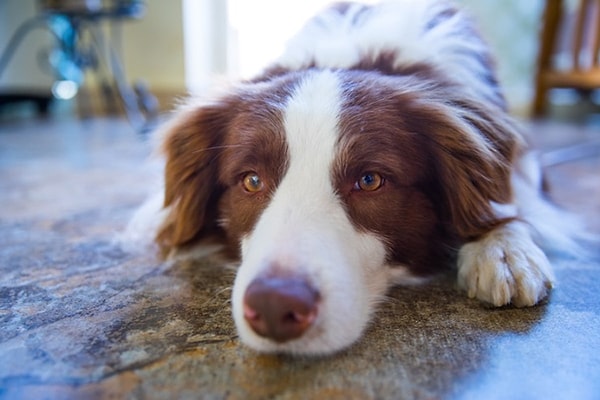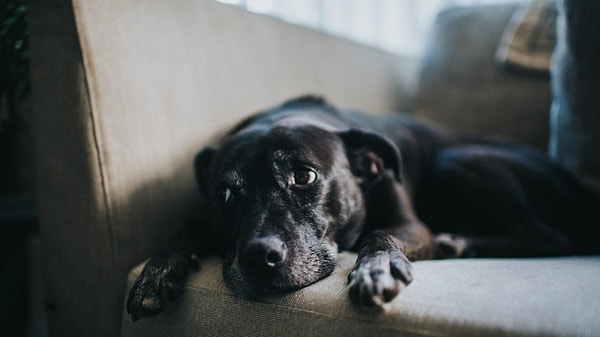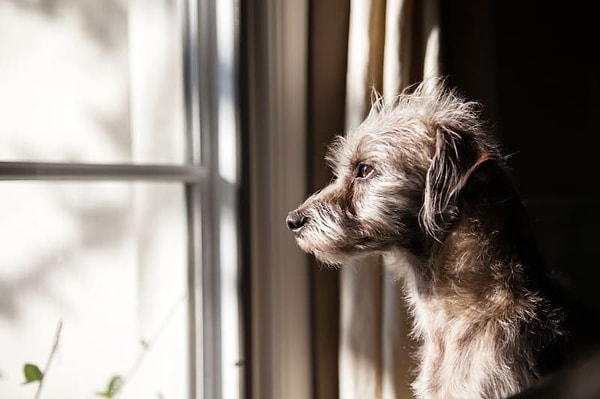Is Your Dog Depressed This Winter? 5 Signs to Look for and How to Help Them Feel Better
Winter can be tough on more than just humans—our furry friends can feel the effects too! With shorter days, colder weather, and reduced activity, dogs can experience changes in mood, sometimes leading to depression. Searches for 'dog depression' have been rising, indicating that more pet owners are noticing these signs. So how can you tell if your dog is feeling down this winter, and what can you do to bring their joy back? Here are expert tips and signs to watch out for!
An expert veterinarian shared some ways to determine if dogs are experiencing depression.

In the past two weeks, online searches for 'dog depression' have increased by 62%.
Dr. Anna Foreman, a veterinarian at Everypaw Pet Insurance, attributes this rise to the "lull" that can occur after the New Year holiday.

As families return to work and school, this can lead to depression in dogs. Highlighting this, Dr. Anna shared the key warning signs dog owners should be aware of and tips for keeping their dogs' spirits high during the winter months.
The expert explained that short days, cold weather, and reduced exercise during winter can lead to depression in pets.

Reduced outdoor time and sunlight can make dogs lethargic and disinterested in activities such as eating and playing.
For some dogs, weight gain due to a lack of appetite can lead to less mobility, contributing to depression.

Dr. Anna said, 'Just like humans with seasonal affective disorder (SAD), dogs can also experience depression in the winter months.' While it's unproven that this condition is linked to sunlight, it's commonly observed that dogs tend to be more lethargic, quiet, and less hungry during the winter.
Unusual behaviors, such as chewing objects, soiling indoors, or eating things they shouldn't, should also be noted.

These behaviors could indicate depression. Dr. Anna mentioned, 'These signs can be related both to depression and underlying health issues. So, if you encounter these situations, you should consult your veterinarian.'
So, what can you do to keep your dog happy during the winter?

To keep your dog content, establish a regular routine, ensure they get enough exercise and light, and adjust their meals according to their activities. Plan regular walks during daylight hours to ensure your dog gets as much sunlight as possible. Exercise, just like for humans, helps reduce anxiety and depression in dogs. If your dog exhibits negative behaviors, avoid punishment and use positive reinforcement techniques to prevent confusion.
Dr. Anna said, 'Scolding your dog for negative behaviors won't work because they can't make the connection. Instead, rewarding positive behavior will be more effective in reducing negative behaviors.'
She also advised that before returning to work or school, you should plan to spend time with your dog during the day to prevent boredom and depression.

Playing, walking, or simply cuddling on the couch will help your dog relax during the transition. Additionally, she noted that older dogs, who become less active and more dependent on their owners, are more likely to experience depression.
Keşfet ile ziyaret ettiğin tüm kategorileri tek akışta gör!


Send Comment